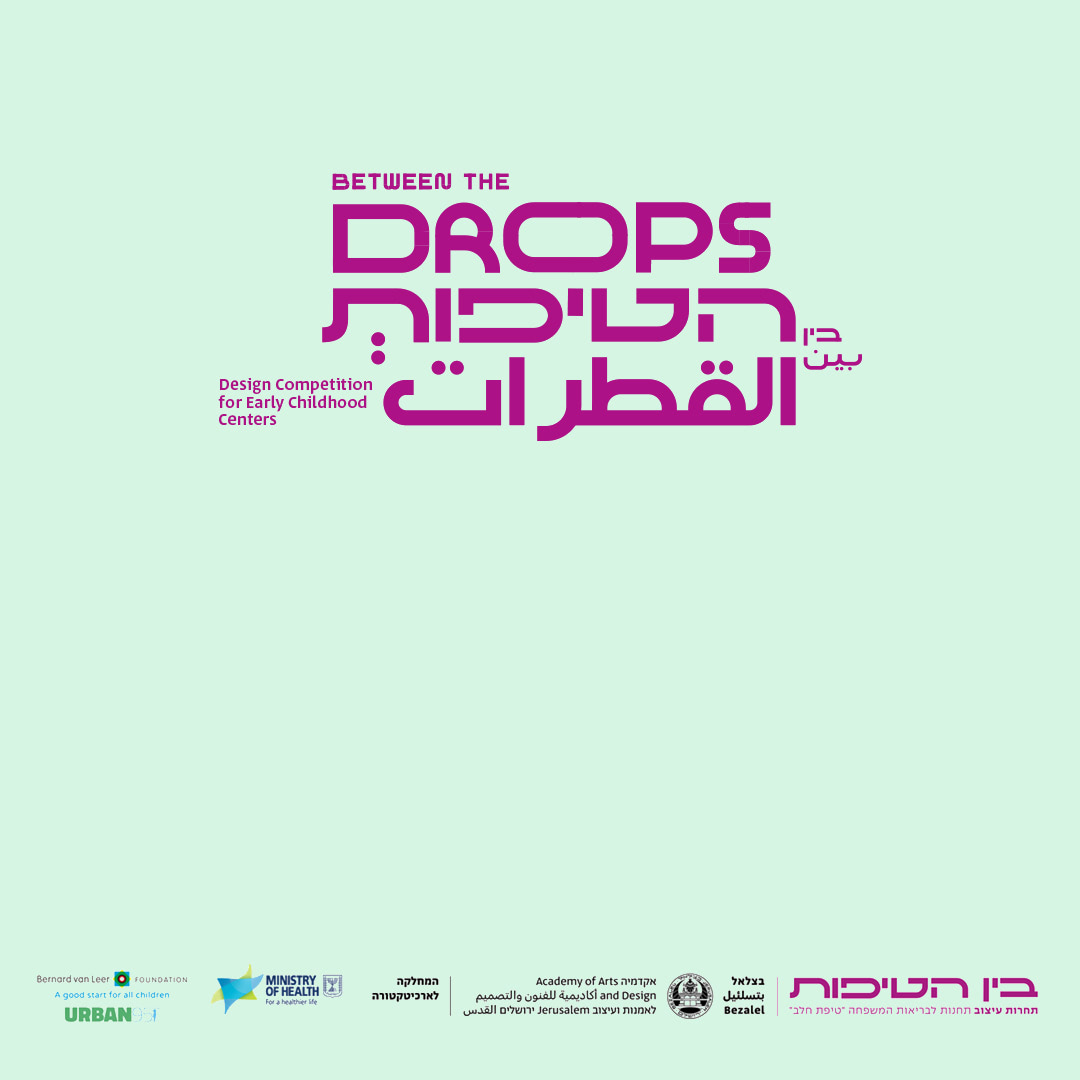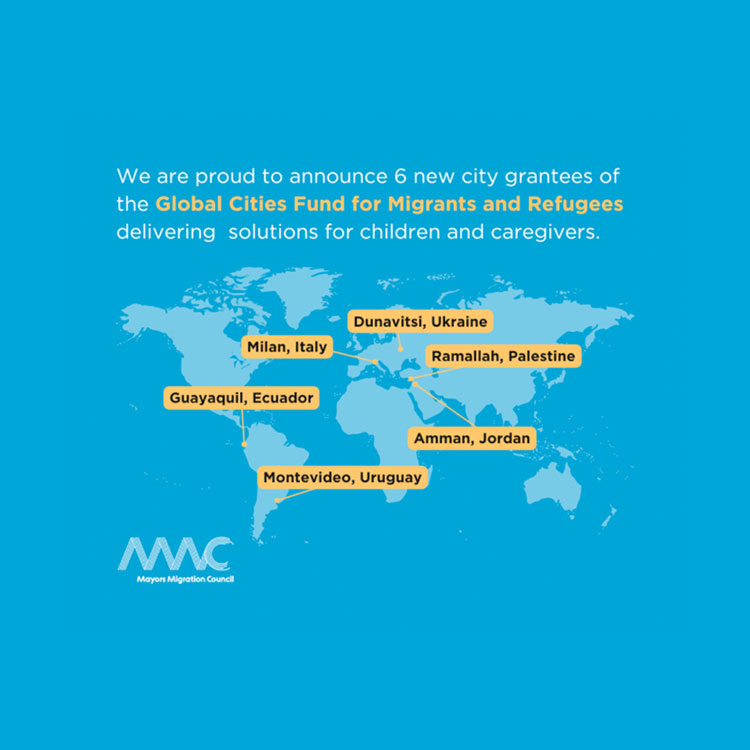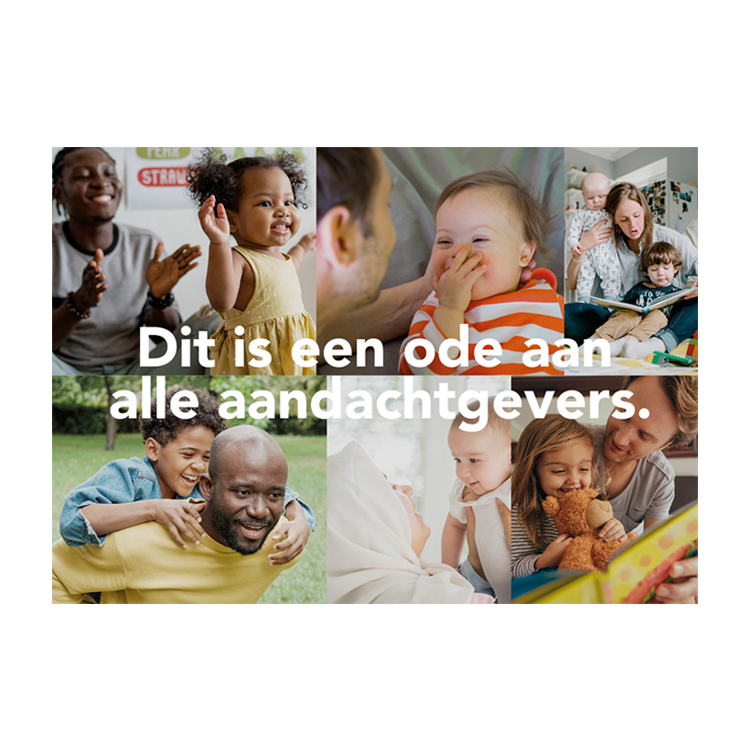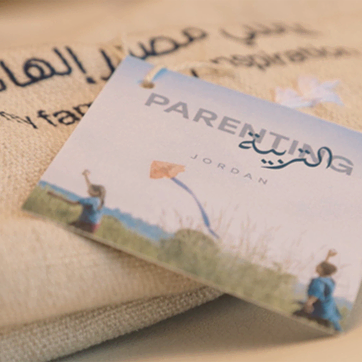The winners have been chosen from the “Between the Drops” competition for young architects to design well baby clinics in Israel, which was launched at the beginning of the year. A partnership between the Bernard van Leer Foundation, Bezalel Academy of Arts and Design, and Israel’s Ministry of Health, the competition was publicised in ArchDaily. The centres, known as Tipat Halav, reach 97% of Israel’s families with health services, and the design brief was to make them a welcoming focal point for the local community and to enrich interaction between babies and toddlers and their caregivers.
Four designs were announced as winning. The judges included senior officials from the Israeli Ministry of Health, representatives from Bezalel Academy of Arts and Design and the Bernard Van Leer Foundation, and renowned international architects Takaharu Tezuka (founder of Tezuka Architects in Tokyo) and Skye Duncan (Director of the Global Designing Cities Initiative at the US National Association of City Transportation Officials).
Winning designs
Two of the winning designs were in the category of building new Tipat Halav. The first-placed entry came from a team of architects called Intermediate Station, who explain they wanted to “expand the concept of ‘Tipat Halav’ beyond being a family care center” with their proposal for the city of Kiryat Bialik. The runners-up, Offset13, proposed a design for the Bedouin village of Arab al-Na’im which balances indoor and outdoor areas.
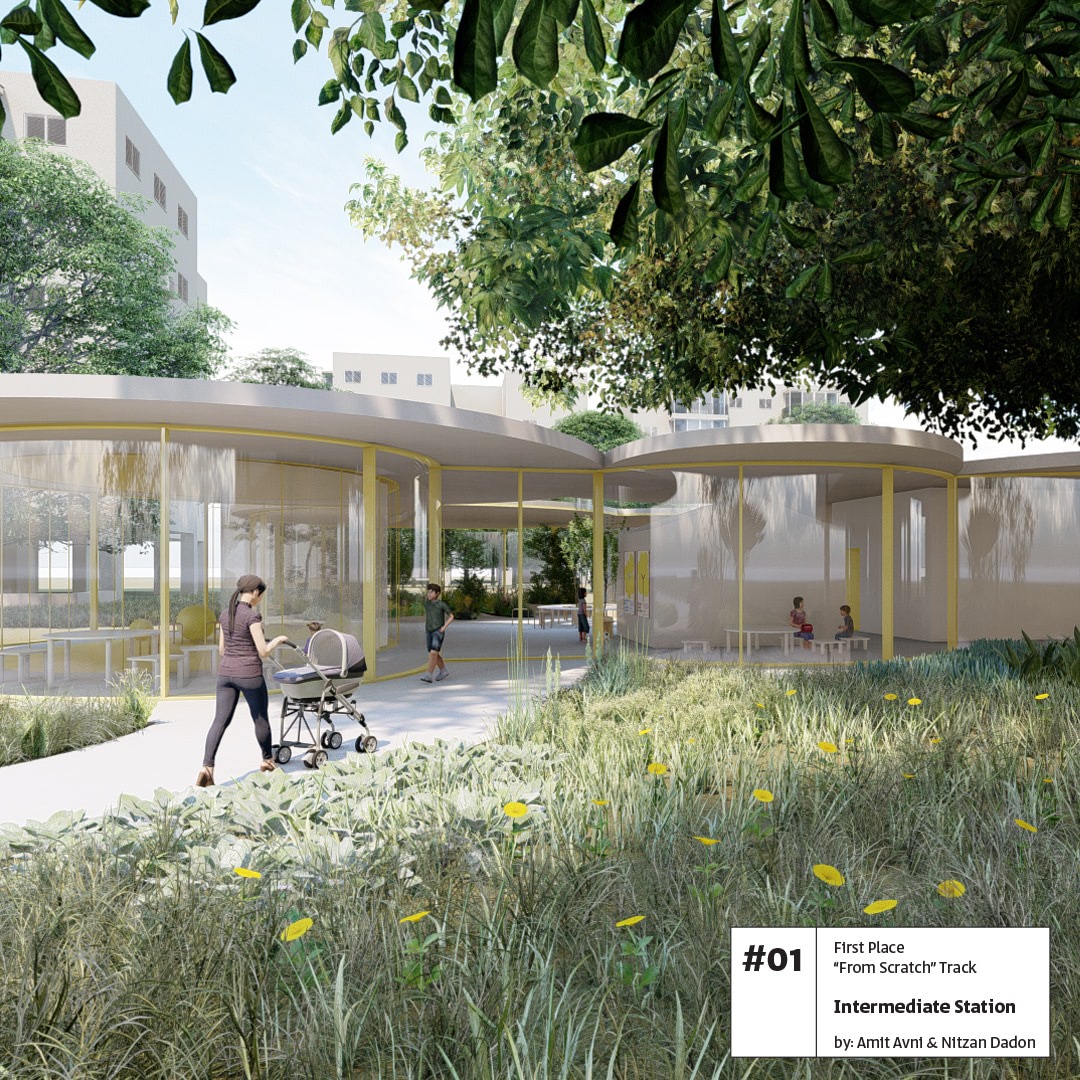
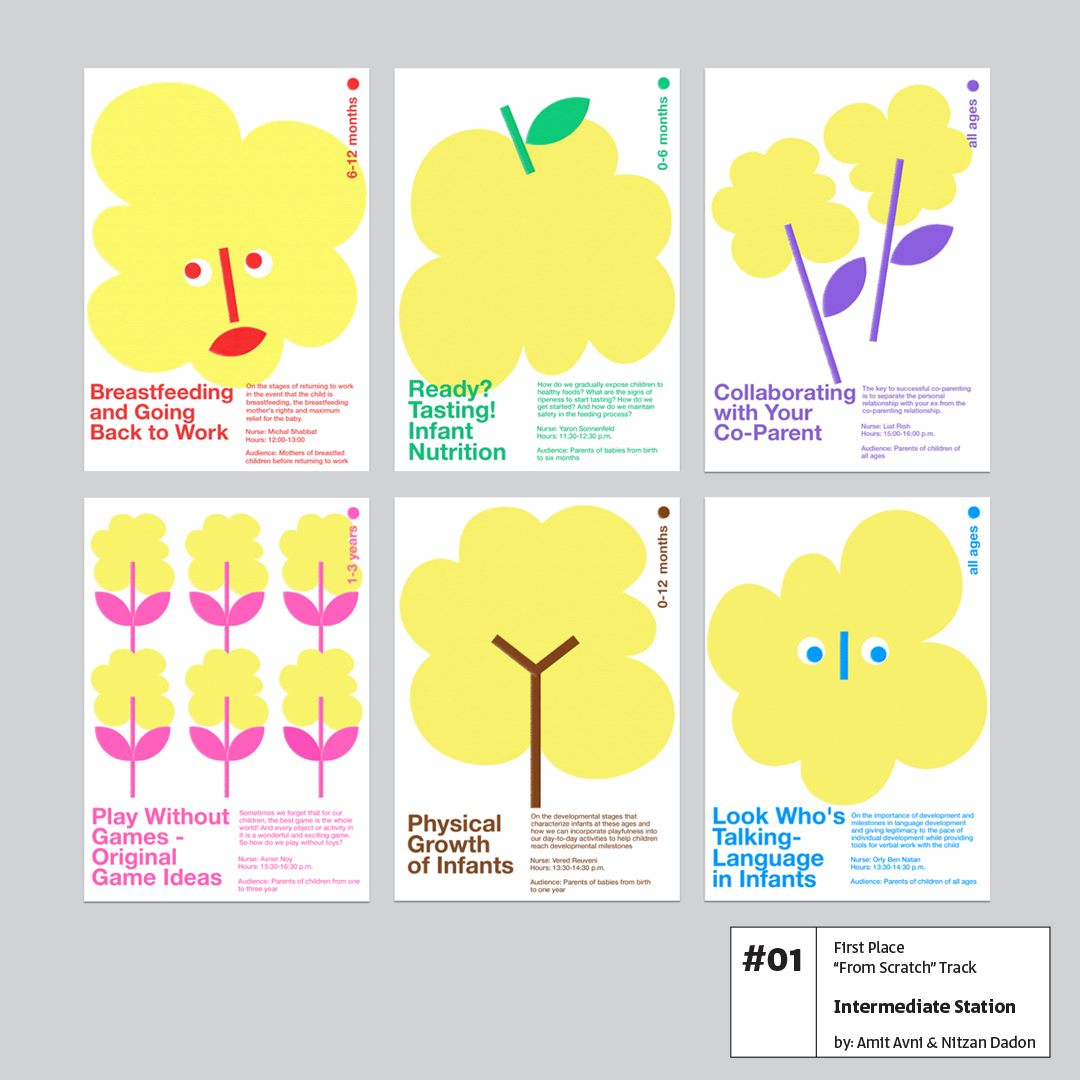
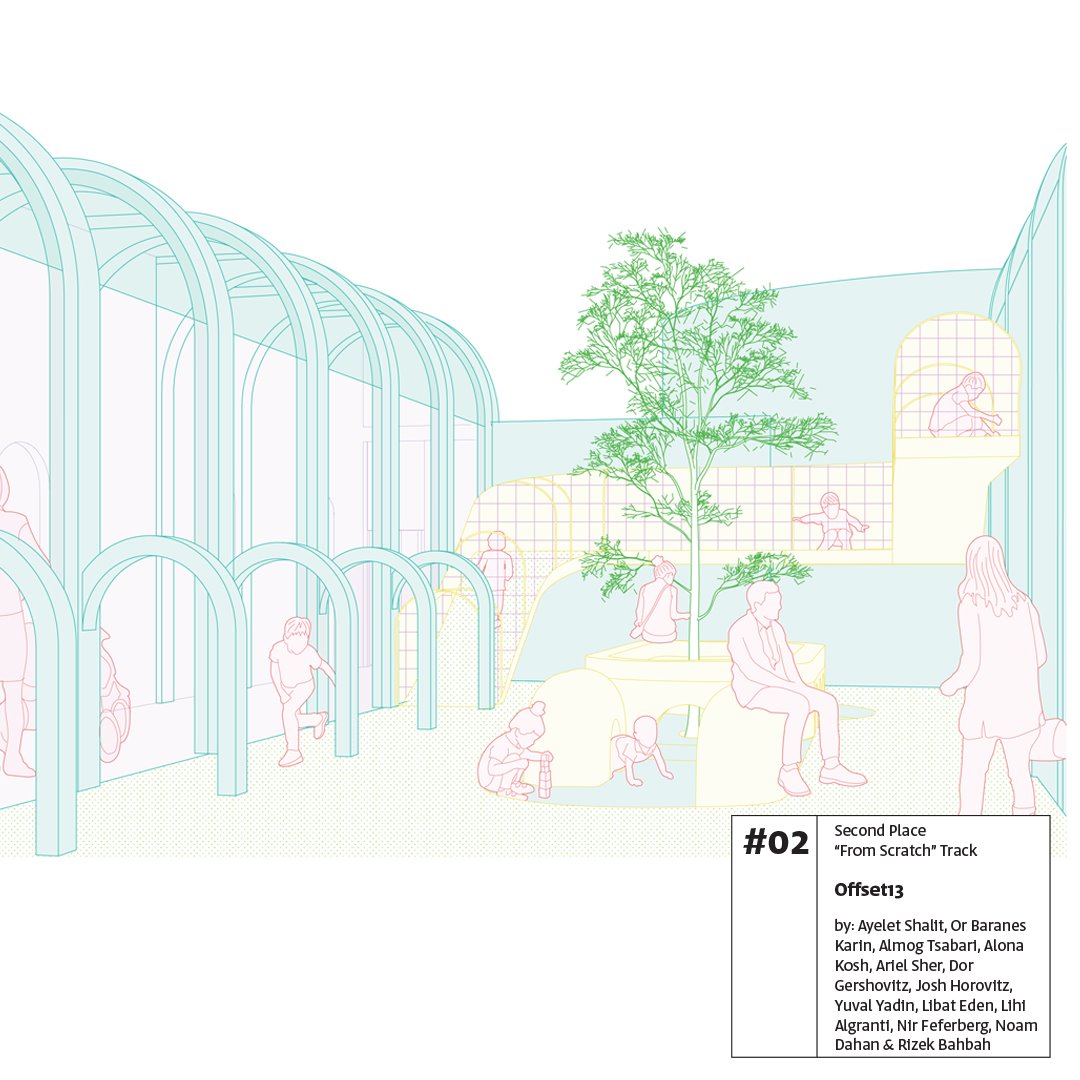
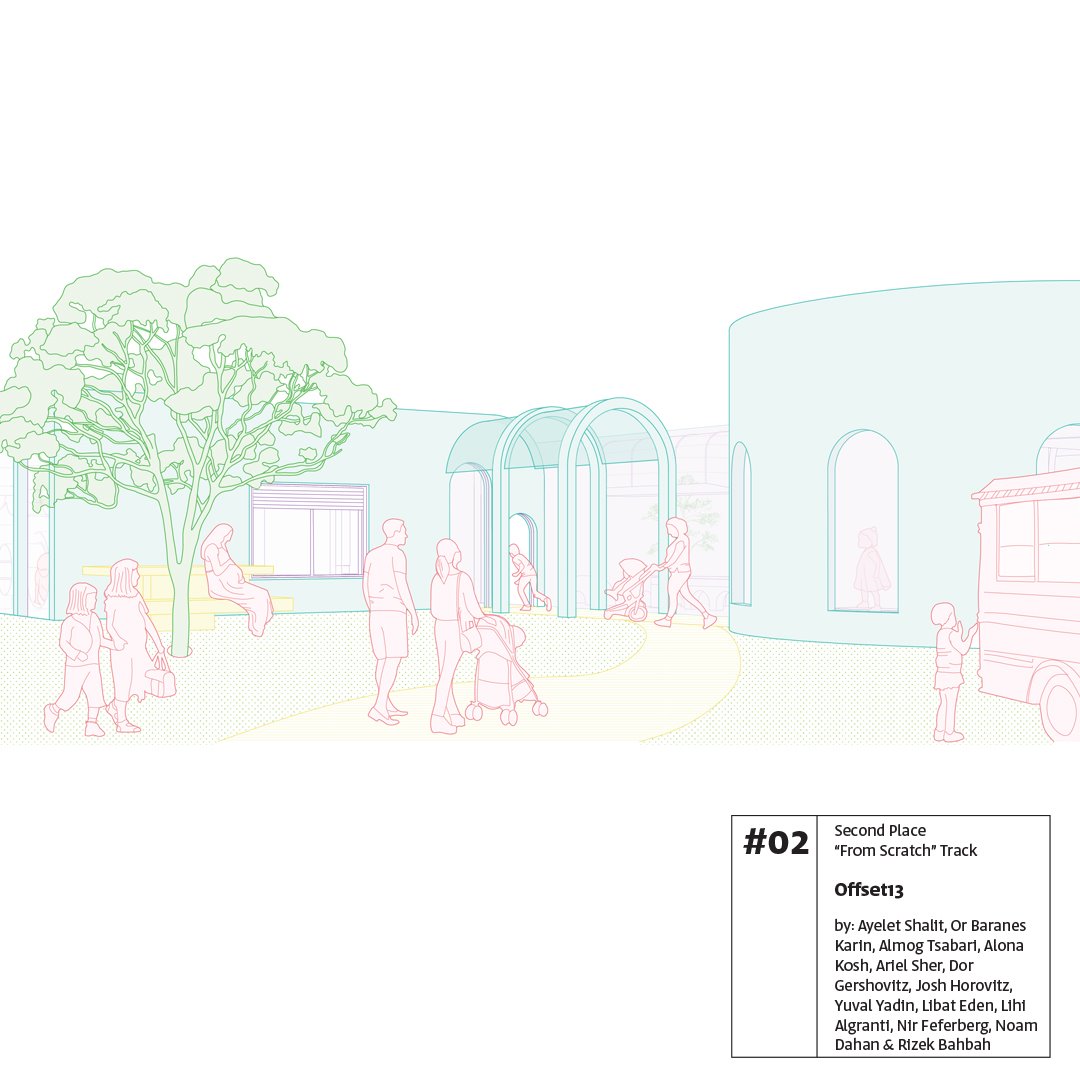
The other winners were in the category of adapting existing buildings. AraDrop provided the top-rated design, with a proposal for renovating the Tipat Halav in Arad to become a “community center that invites its visitors and passers-by to stay around it for most of the day”. Runners-up Urban Unicorn propose an extension to the existing centre in Binyamina.
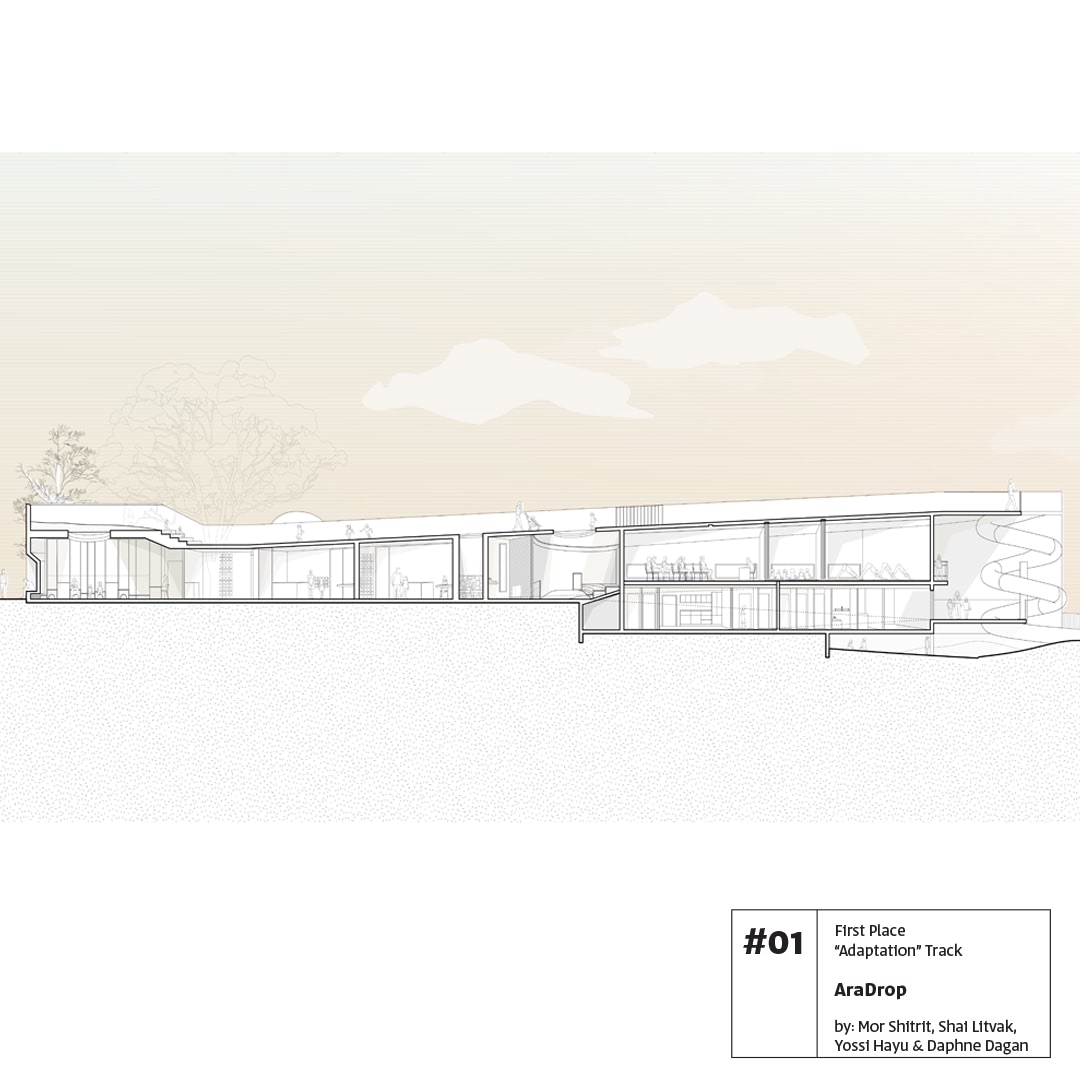
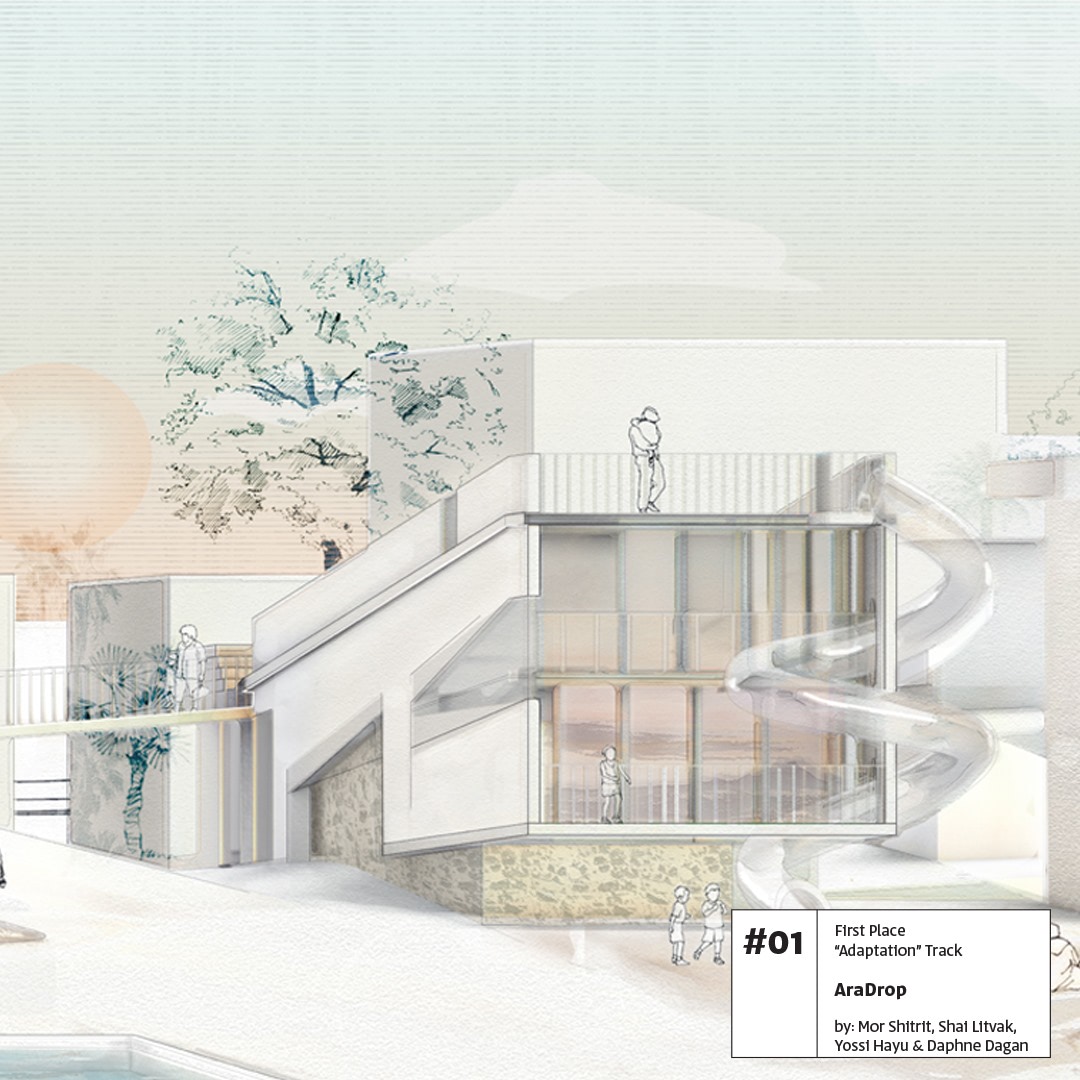
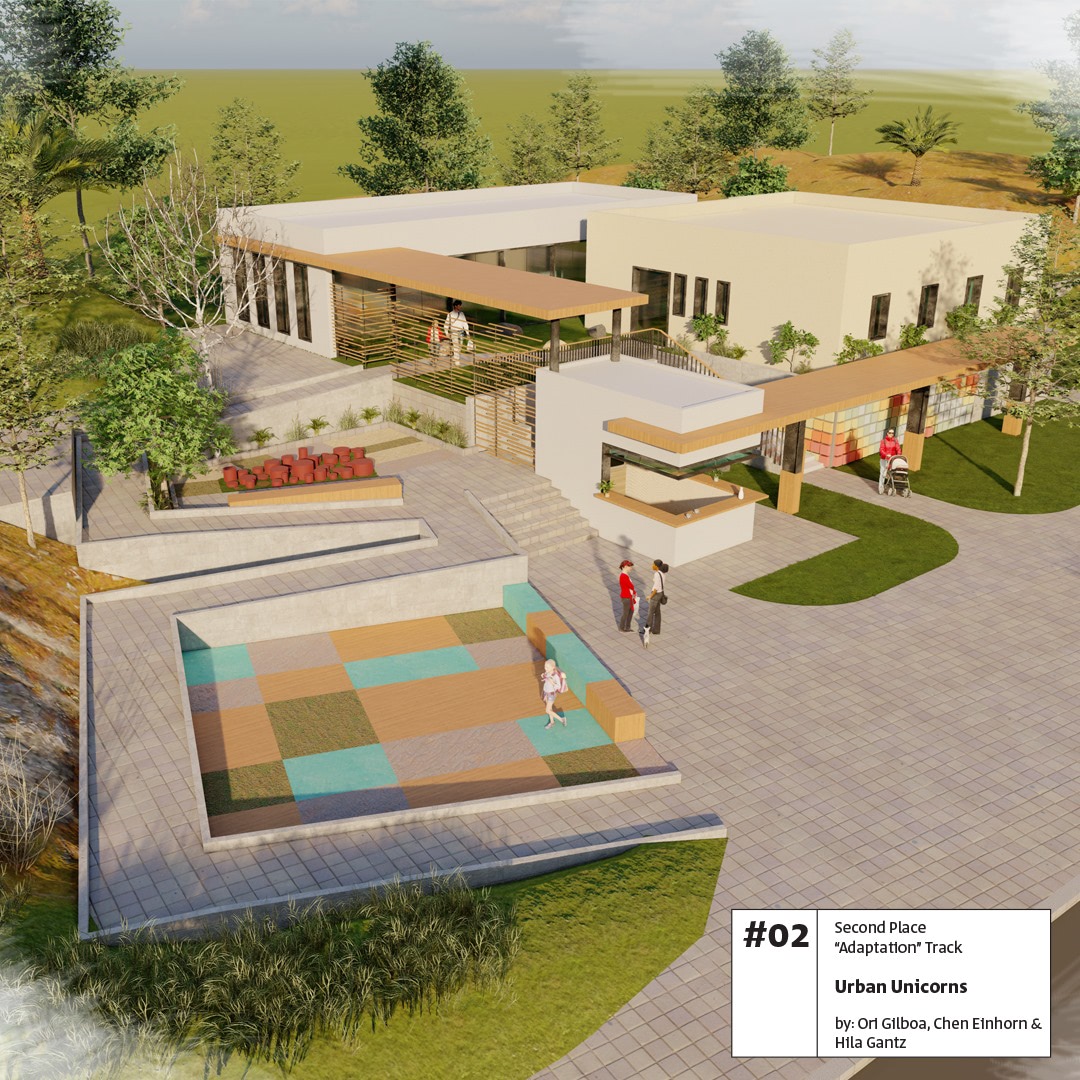
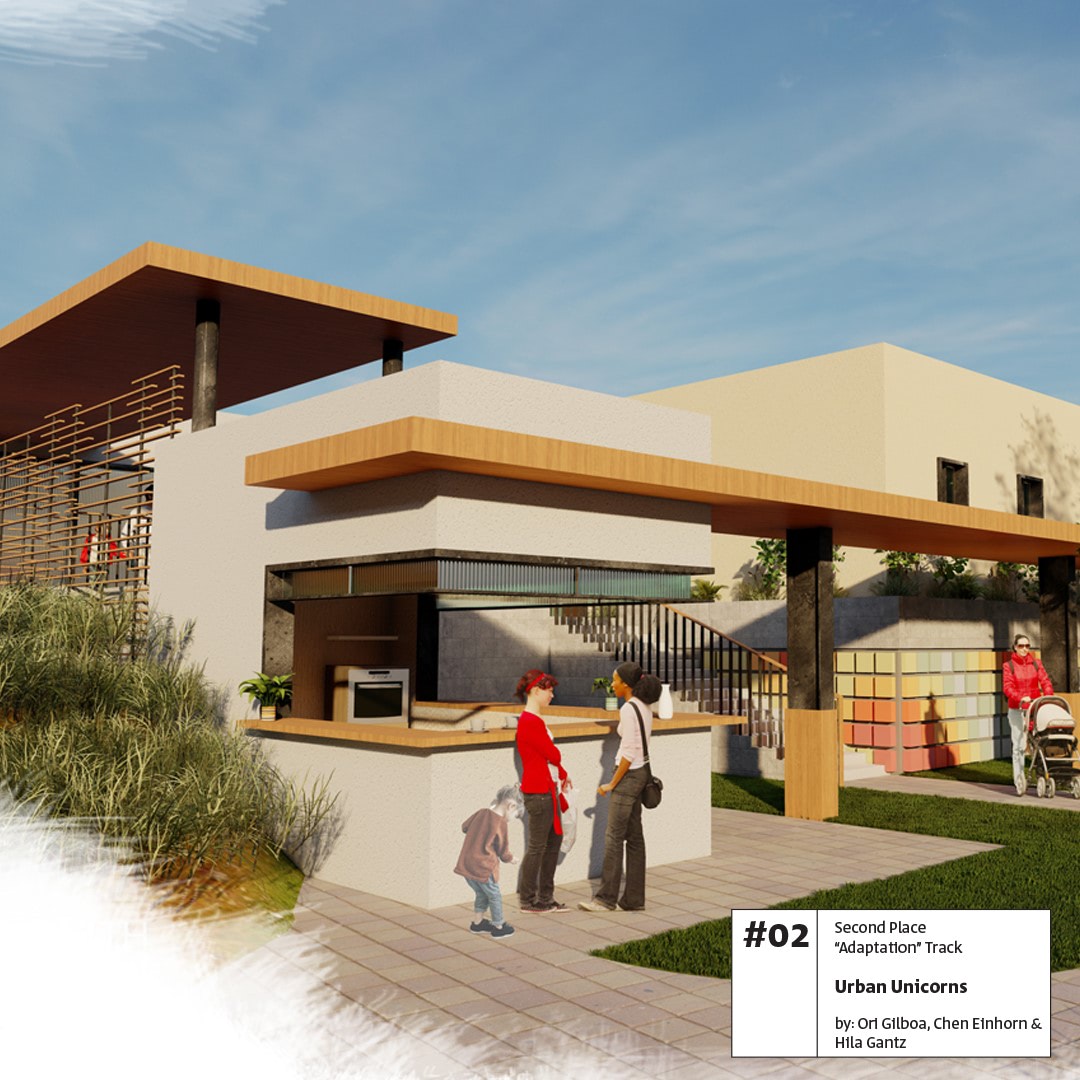
Design guidelines
Members of the winning teams will join the next stage of the project, working with the Ministry of Health to create design guidelines for use in planning future and renovating existing Tipat Halav across the country. Bezalel University has already held a seminar to pick out strong elements from each proposal, and is now conducting roundtables to further develop the guidelines.
At each meeting, experts in early childhood development and architectural design are joining representatives from the Ministry of Health and the competition-winning architects, along with a sample of parents to give their feedback as users of the centres. The resulting design guidelines will be published in Hebrew and English.
Check out the project website to keep updated on progress.
